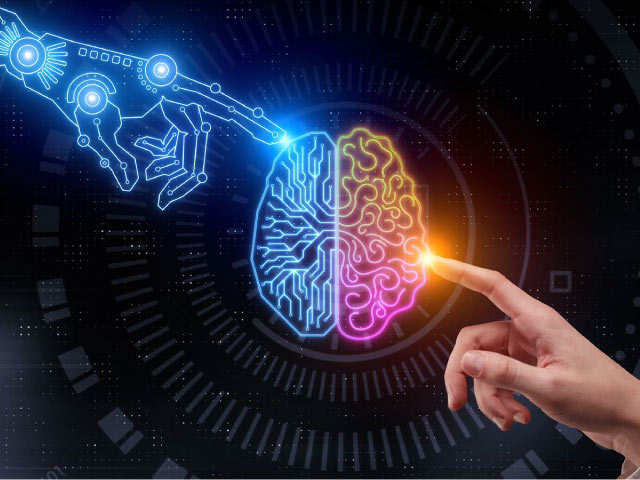Virtual Reality (VR) has gone from a tiny head-scratcher to a must-have gadget everyone talks about. It’s no longer just science fiction—VR now shapes gaming, movies, classrooms, and even therapy sessions. But VR’s real magic is deeper than looks. It tricks your brain and changes how you feel and think. If you’ve ever put on a headset and felt like you were really somewhere else, you’re about to discover how VR influences your mind. It’s fascinating stuff that could change the way you see the world—so keep reading to uncover the secrets behind virtual reality’s powerful effect on your brain.
The Immersive Experience
Virtual reality is all about immersion. When you put on a VR headset, you’re transported to a different world. This sense of presence is what distinguishes VR from other forms of media. It’s as if you’re not just witnessing an event; you’re part of it. This immersion can have a profound psychological impact.
Presence and the Brain
Our brains are wired to perceive the world in a certain way. In VR, the brain is tricked into perceiving the virtual world as real. This trickery is achieved through a combination of head-tracking, stereoscopic 3D, and binaural audio. The brain responds to these stimuli by accepting the virtual environment as real, leading to a heightened sense of presence.
Presence can trigger various emotional and cognitive responses. For example, in a VR horror game, the feeling of fear is genuine, even though you logically know that you are in a safe environment. This dual experience can result in a unique emotional state.
Empathy and Perspective
One of the most remarkable aspects of VR is its ability to alter our perspectives and enhance empathy. By placing users in the shoes of someone else, VR can evoke a deep sense of empathy. For instance, a VR experience that simulates life in a war-torn country can make users more empathetic towards refugees.
The Mirror Neuron System
Our brain contains a network of mirror neurons that fire when we observe someone else’s actions or emotions. In VR, this system is triggered when we embody a different character. This can lead to a profound shift in our perspective and a greater understanding of the experiences of others.
Therapy and Rehabilitation
VR is being increasingly utilized for therapeutic purposes. It can help individuals overcome fears and phobias, manage pain, and even treat post-traumatic stress disorder (PTSD). This is due to the immersive and controlled nature of VR experiences.
Exposure Therapy
In exposure therapy, individuals are gradually exposed to the source of their fear or trauma in a safe and controlled environment. VR is perfect for this purpose, as it allows therapists to recreate the triggering situations while ensuring the patient’s safety. Over time, this exposure can desensitize patients and reduce their fear or anxiety.
The Dark Side of VR
While virtual reality offers numerous psychological benefits, there are also potential downsides. Excessive use of VR, especially in children and adolescents, can lead to issues like motion sickness and the blurring of lines between the real and virtual worlds.
Conclusion
The psychology of virtual reality is a fascinating subject. It showcases the remarkable ability of VR to influence our minds, from altering our perceptions and evoking empathy to aiding in therapy and rehabilitation. However, it’s crucial to use this technology responsibly, understanding both its benefits and potential pitfalls.
Virtual reality is more than just a technological marvel; it’s a window into the human mind and the limitless possibilities of our imagination. If you want to find great tips and information about virtual reality, be sure to visit http://www.markmcguinn.com/ to learn more.




